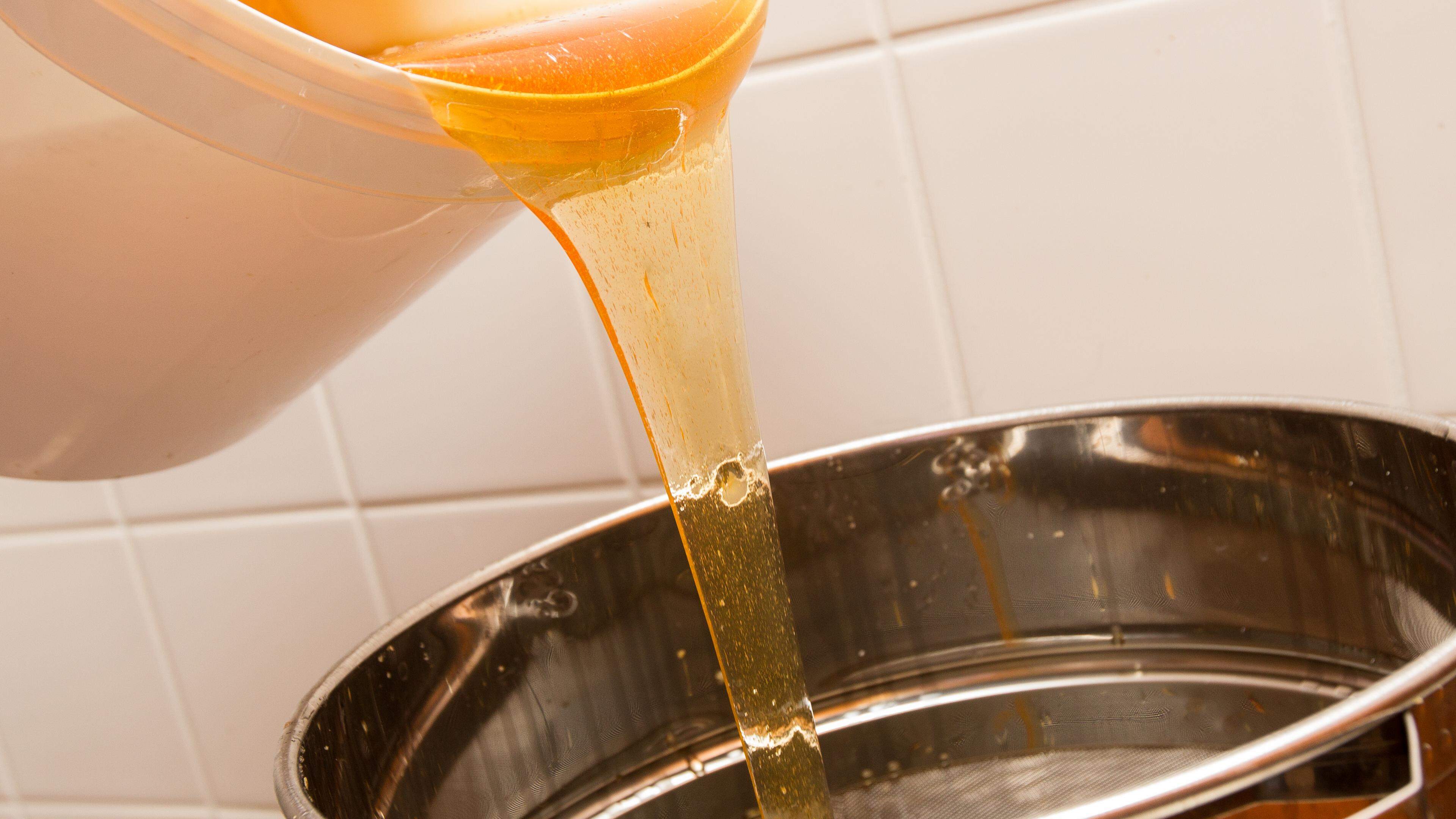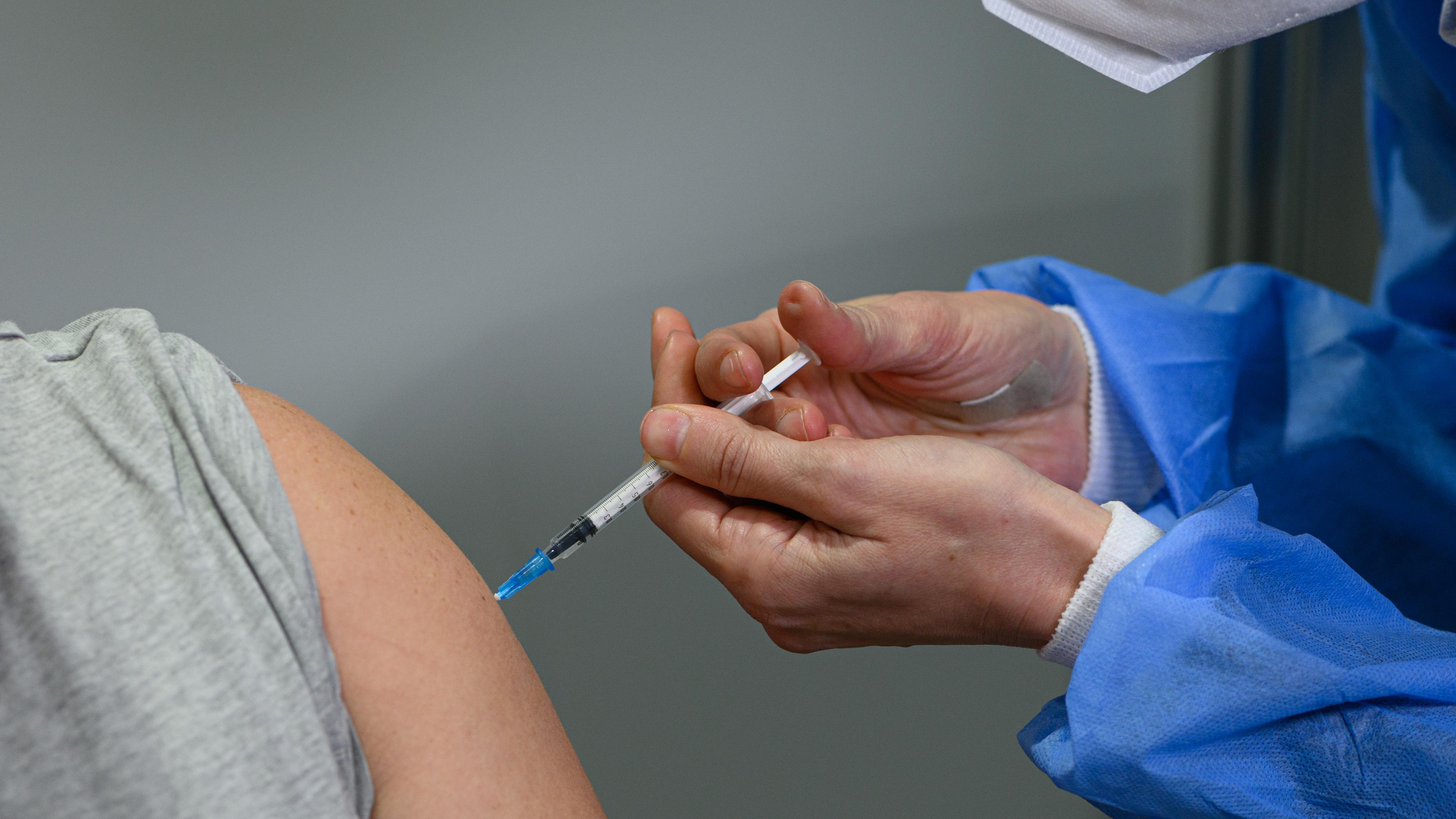New regulations for the breakfast table

On June 13th next year, a lot will change at the breakfast table of the Europeans. Then at the latest, the Member States must implement the breakfast guideline into national law. « With these measures, among other things, the commission wants to promote the reformulation of food with a high sugar content and facilitate the transition to a healthy and sustainable diet, » says the Directive of the European Parliaments.
Here is an overview of what will change:
Honey is one of the most frequently panned foods. The European Commission took a total of 320 samples from imported honey between 2021 and 2022 – with a frightening result: Almost half of all samples did not correspond to the guidelines. Honey from China had been panned at three quarters, 14 out of 15 samples from Turkey and all samples from Great Britain. The origin of the origin is currently not mandatory. So far, the EU has only prescribed the term « from EU countries » or « from non-EU countries ». In the future, the indication of origin should become more precise. In the future, the country of origin must be given on the honey glass, even if it is a mixture of different types of honey. In addition, traceability should be improved and the controls are intensified.
Luxembourg domestic bee colonies protect against death
In order for a fruit juice to be called fruit juice, the fruit content must be 100 percent. In addition, no sugar may be added. Juices that do not meet these requirements must be marketed as a fruit nectar or fruit juice drink. « Since consumers are increasingly aware of the health risks of sugar consumption, the regulations on the use of information on the sugar content of fruit juices should be revised, » says the EU. In this way, the statement « without adding sugar » can be misunderstood by the consumer, the statement « contains naturally sugar ». In order to take technical progress into account, the EU has introduced another category. For some time now it has been technically possible to withdraw fruit juices the naturally occurring sugar. If this reduction is more than 30 percent, the juice may be referred to as a « sugar -reduced fruit juice », a category that has not yet existed.
The EU Commission has also announced the fight for the sugar content of jams. The sugar content can be achieved by increasing the fruit share. Therefore, jams must have a fruit content of 450 grams per kilogram in the future, so far it has only been 350 grams. For products with the designation jam jam extra on the glass, the fruit share is increased from 450 to 500 grams. In addition, the name jam for products from citrus fruits is reserved – except for local traditions.




/s3/static.nrc.nl/images/gn4/data132922321-f543ad.jpg)


